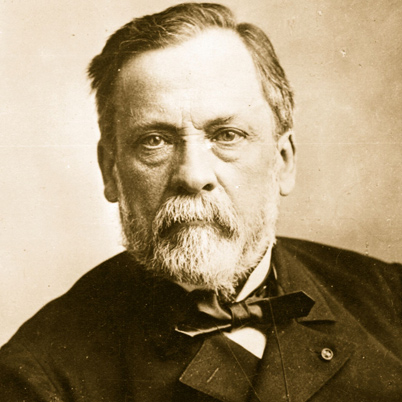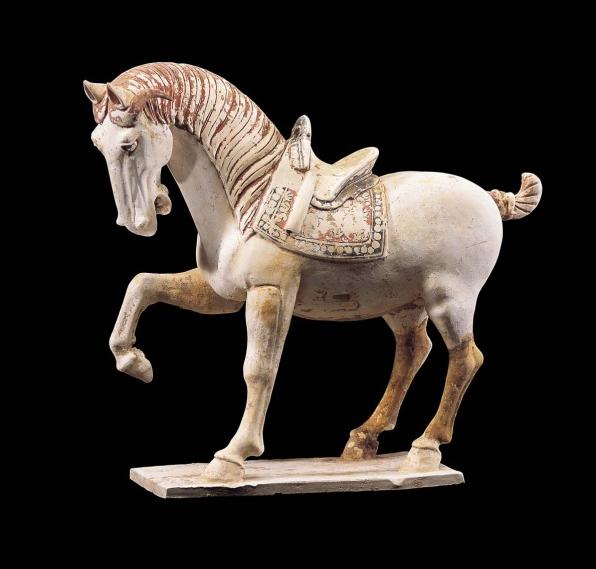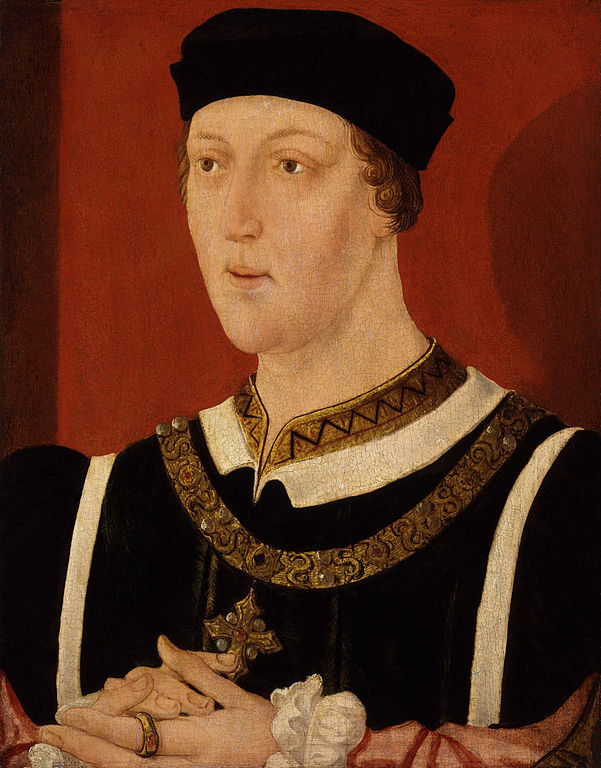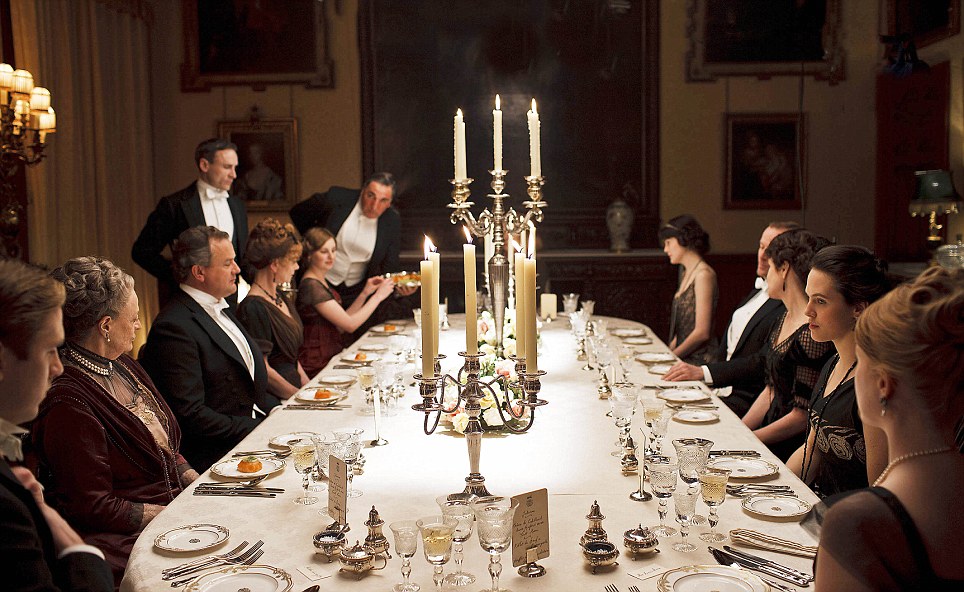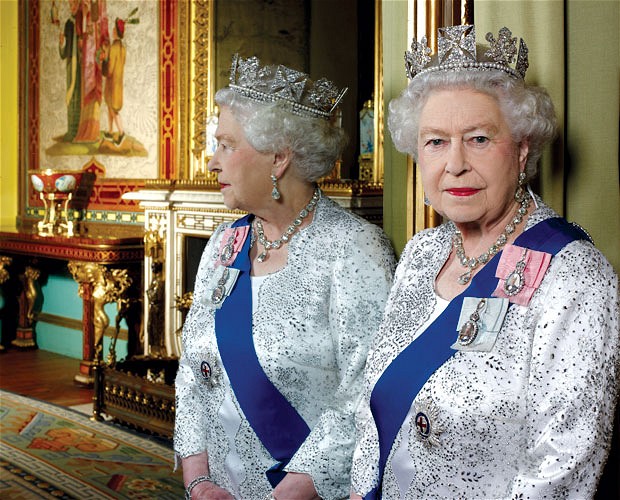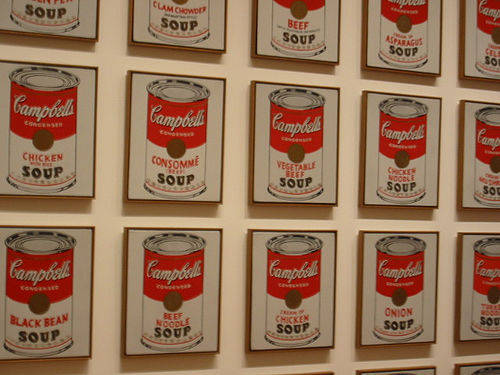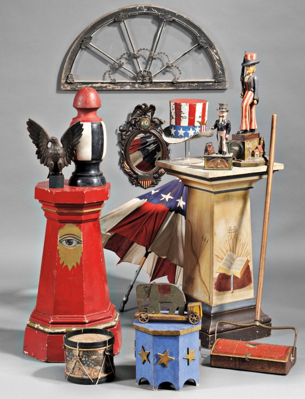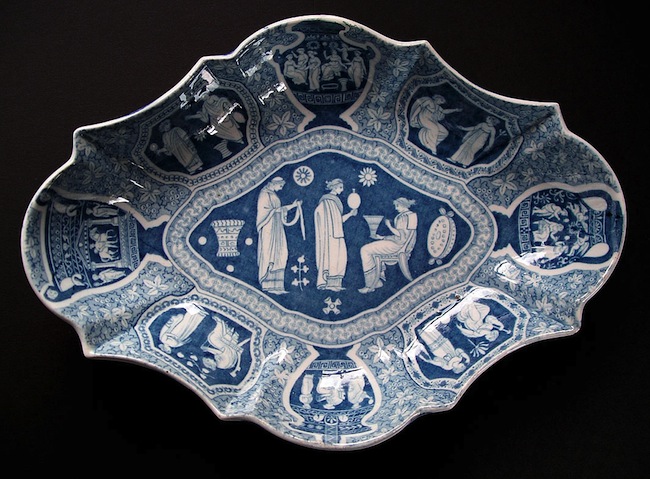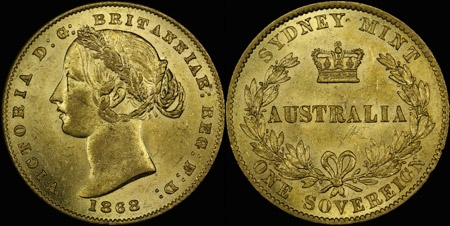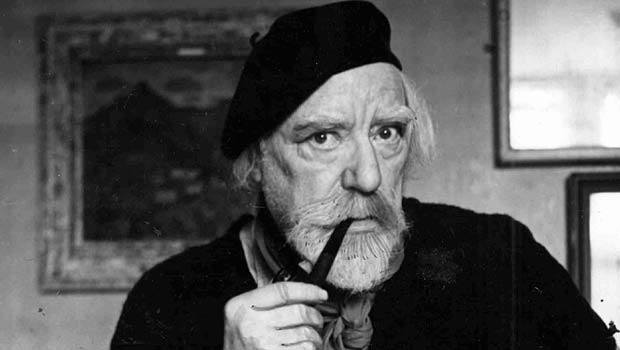Pasteur was a French chemist and biologist who proved the germ theory of disease and invented the process of pasteurisation.
Louis Pasteur was born on 27 December 1822 in Dole in the Jura region of France. His father was a tanner.
In 1847, he earned a doctorate from the École Normale in Paris. After several years research and teaching in Dijon and Strasbourg, in 1854, Pasteur was appointed professor of chemistry at the University of Lille. Part of the remit of the faculty of sciences was to find solutions to the practical problems of local industries, particularly the manufacture of alcoholic drinks.
He was able to demonstrate that organisms such as bacteria were responsible for souring wine and beer (he later extended his studies to prove that milk was the same), and that the bacteria could be removed by boiling and then cooling the liquid. This process is now called pasteurisation.
Pasteur then undertook experiments to find where these bacteria came from and was able to prove that they were introduced from the environment. This was disputed by scientists who believed they could spontaneously generate.
In 1864, the French Academy of Sciences accepted Pasteur’s results. By 1865, Pasteur was director of scientific studies at the École Normale, where he had studied. He was asked to help the silk industry in southern France, where there was an epidemic amongst the silkworms. With no experience of the subject, Pasteur identified parasitic infections as the cause and advocated that only disease-free eggs should be selected. The industry was saved.
Pasteur’s various investigations convinced him of the rightness of the germ theory of disease, which holds that germs attack the body from outside. Many felt that such tiny organisms as germs could not possibly kill larger ones such as humans. Pasteur now extended this theory to explain the causes of many diseases, including anthrax, cholera, TB and smallpox and their prevention by vaccination.
He is best known for his work on the development of vaccines for rabies. In 1888, a special institute was founded in Paris for the treatment of diseases. It became known as the Institut Pasteur.
Pasteur was its director until his death on 28 September 1895.
He was a national hero and was given a state funeral.
Commercial Success
In 1854, Pasteur was appointed professor of chemistry and dean of the science faculty at the University of Lille. Here, he worked on finding solutions to the problems with the manufacture of alcoholic drinks. Working with the germ theory, which Pasteur did not invent, but further developed through experiments and eventually convinced most of Europe of its truth, he demonstrated that organisms such as bacteria were responsible for souring wine, beer and even milk. He then invented a process where bacteria could be removed by boiling and then cooling liquid. He completed the first test on April 20, 1862. Today the process is known as pasteurization.
In 1865, Pasteur helped save the silk industry. He proved that microbes were attacking healthy silkworm eggs, causing the disease, and that the disease would be eliminated if the microbes were eliminated.
Pasteur’s first vaccine discovery was in 1879, with a disease called chicken cholera. After accidentally exposing chickens to the attenuated form of a culture, he demonstrated that they became resistant to the actual virus. Pasteur went on to extend his germ theory to develop causes and vaccinations for diseases such as anthrax, cholera, TB and smallpox.
In 1873, Pasteur was elected as an associate member of the Académie de Médecine. In 1882, the year of his acceptance into the Académie Franaise, he decided to focus his efforts on the problem of rabies. On July 6, 1885, Pasteur vaccinated Joseph Meister, a 9-year-old boy who had been bitten by a rabid dog. The success of Pasteur’s vaccine brought him immediate fame. This began an international fundraising campaign to build the Pasteur Institute in Paris, which was inaugurated on November 14, 1888.
Personal Life
Pasteur had been partially paralyzed since 1868, due to a severe brain stroke, but he was able to continue his research. He celebrated his 70th birthday at the Sorbonne, which was attended by several prominent scientists, including British surgeon Joseph Lister. At that time, his paralysis worsened, and he died on September 28, 1895. Pasteur’s remains were transferred to a Neo-Byzantine crypt at the Pasteur Institute in 1896.

